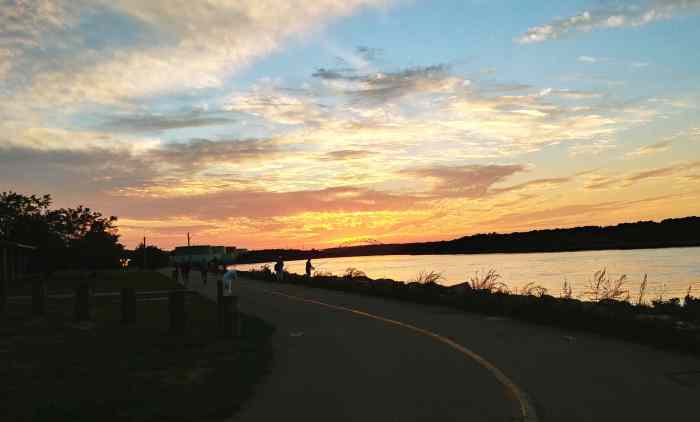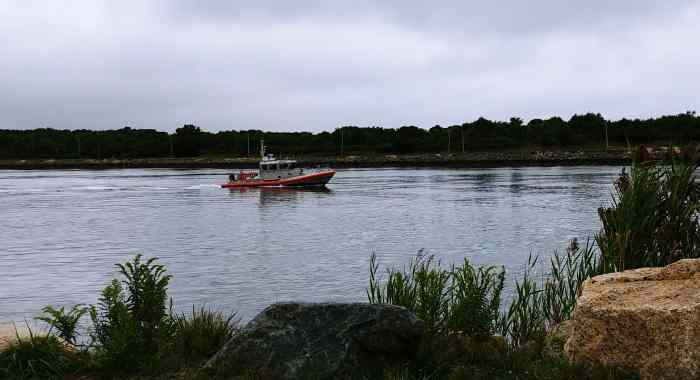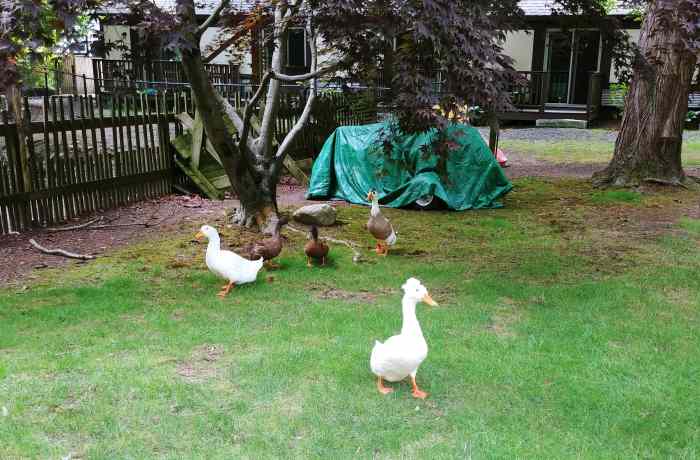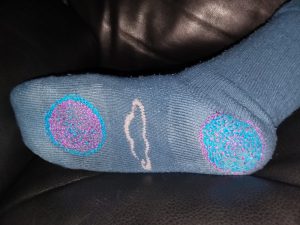First came thunder and dry lightning. Such storms are rare in my area, due to the configuration of the mountains, but this one was extraordinary by any standards. The first storms hit early on August 16, with not dozens but thousands of lightning strikes (estimated 12,000 over 72-96 hours).
We had watched the lightning for a few hours, flash after blinding flash, and commented that in his last years, our old German Shepherd Dog had become fearful of loud sounds like thunder and fireworks (we dealt with this by immediately getting out his all-time favorite toy and playing with him). Even though we knew of the danger of fires, somehow it didn’t connect. It should have. Over 500 wildfires sprang up in the next few hours, fanned by hot, dry winds. Soon we saw news stories of multiple fires in our county, Santa Cruz, and neighboring San Mateo, that were to merge into the #CZUAugustLightningComplex fire.
The next day, the air was noticeably smokey, but we’d had smokey air before, from the Camp fire a couple of years ago, and others in Northern California. We kept an eye on the news but otherwise went about our business, mostly staying indoors. But as August 18 went on, the smoke thickened and the extent of the fire at Butano Park, northwest of us, expanded with terrifying rapidity, our mood went from watchful to alarmed. About dinner time, the smoke was as thick as San Francisco fog.
“We should prepare to get out of here,” I told my family. “Just in case.” For months now, I’d been gathering materials on disaster preparedness, and had checklists and evacuation route maps in a folder on the kitchen counter. Now I got out those lists.
We each went about packing up suitcases, getting cat carriers ready, piling up our binder of important documents and insurance policies, getting out boxes of family photos. CPAPs, check. Jewelry, check. Prescription meds, check. And so forth.
The smoke got worse. The fire got closer. Big Basin State Park, that jewel of old growth coastal redwoods, was in flames.
“We’re leaving,” I said, and called my dear friend and fellow writer in the East Bay.
“Of course you can stay with us,” she said.
“But first,” I told my family, “we will have a good dinner.” As I’d planned, fajitas with squash from our garden. The hot, flavorful food strengthened us for what was to come.
We finished dinner, I loaded the dishwasher and set it to run, and then we loaded up the cars, locked the house, and drove off. As it was, our grown daughter and the cats had an offer of refuge south of Santa Cruz, so after some discussion, we decided to split the family. We stepped out of the house into a sea of billowing smoke.
The road into our little town was already filling up with outbound traffic. At the one and only stop sign in town, in front of the volunteer fire department, sheriffs were directing traffic south toward Santa Cruz. “Go, go, go!” the officer in the middle of the intersection shouted, waving cars through. I’d planned on going left, then along a twisty mountain road I knew well to the nearest highway, but followed the course of least trouble for everyone. It meant a somewhat longer drive for me to detour south, then east, then back north, but in the interest of keeping outgoing traffic flowing smoothly and not making more work for the folks who were trying to get us all out safely, I took it.
Shortly thereafter, while I was on the road, we all received reverse-911 texts of the mandatory evacuation orders. Continue reading “Wildfire Journey, Part I”…

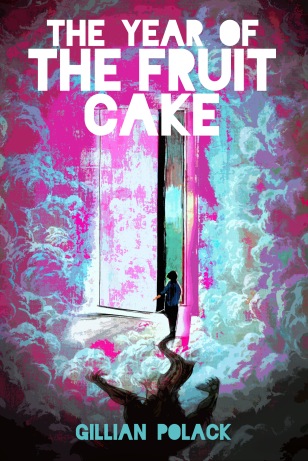
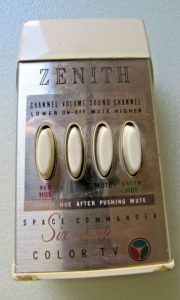 What do you call the remote for your TV/DVR/cable box etc.?
What do you call the remote for your TV/DVR/cable box etc.?